Disclosure: This article may contain affiliate links. If you decide to make a purchase, I may make a small commission at no extra cost to you.
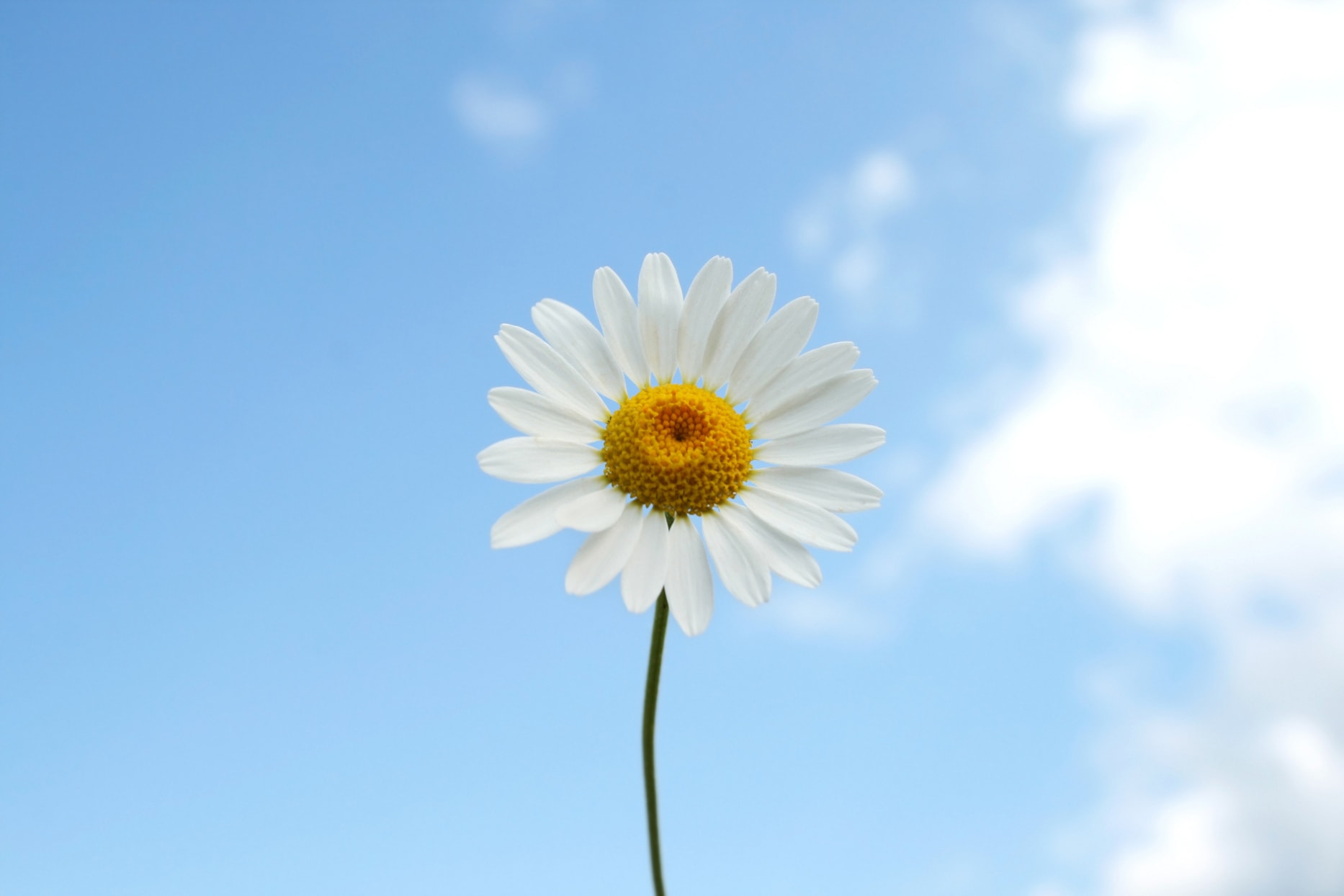
Anxiety is a very common condition that affects people of all ages at one point or another. What if you could take the edge of that anxiety with a cup of chamomile tea? Research suggests that compounds in chamomile may have potent anti-anxiety effects.
In the United States, anxiety conditions affect just under 20% of the population every year, but only a small number of those people receive proper treatment for it. Perhaps people want to avoid speaking about it or just don’t want to be put on medications.
Within reason, I think a natural approach such as mental exercises and routines, physical exercise, and diet can have a significant impact on how well we cope with stress in our every day lives. However, you should always consult your doctor if you’re being treated with medications and want to try natural therapies.
Failure to deal with high-stress levels and anxiety can lead to negative health consequences if sustained for a long period of time. Some of the symptoms of anxiety include excessive worrying and obsessive thoughts, panic attacks, elevated heart rate, restless sleep, high body temperature, muscle tension, palpitations, and many more symptoms.
Anxiety is useful in giving us warning signs, but sometimes it can become a maladaptive response and hurt our health. And may even shorten one’s lifespan if prolonged, by accelerating aging of the cells.
More recent research suggests that chamomile tea may also provide clinically meaningful results in patients who are depressed, but more research is needed.
I enjoy a cup or two of chamomile every day (this is the tea I like most) and find it does have a very calming effect.
So where does chamomile tea fit in for helping you relax and take away that anxiety? Let’s explore some of the research which has been conducted.
How many cups of chamomile do you need to help with anxiety?
To get the benefits of chamomile tea in helping anxiety, drink between two or three cups per day.
Hold up! Before continuing, check out some of the health benefits of chamomile.
Chamomile tea combats anxiety in human studies
Chamomile tea comes from the Asteraceae family of plants and has been consumed for its relaxing effect and health benefits for 2000 years. In ancient times chamomile tea was used by the Romans, Egyptians, and Greeks for its ability to help ease chronic health conditions including anxiety and stress.
There are two types of chamomile used in commercial teas: German chamomile and Roman chamomile. Both are thought to have health-promoting properties when consumed as a tea and provide you with plenty of antioxidants.
Chamomile for mild to moderate generalized anxiety disorder
Many people with milder levels of anxiety tend not to seek treatment or delay treatment until the problem gets worse. But nevertheless, it can really take its toll on mental health and physical health over time.
In 2009, researchers investigated how well chamomile extract would work for people who reported mild-moderate generalized anxiety disorder.
They enrolled sixty-one patients into the study and 28 of those received the chamomile extract and 29 got the placebo.
Over a period of 8 weeks, they look at the scores for anxiety using the Hamilton Anxiety Rating system. They observed that over time the total HAM-A score decreased versus the placebo group (p=0.047)
Due to the power of the study, they were not able to detect differences in secondary outcomes for the study, but they trended in a positive direction. [1].
Chamomile for moderate to severe generalized anxiety disorder
In a paper published in 2016, the results of a long-term study using chamomile extract for mild to moderate anxiety confirmed earlier findings that chamomile is effective at reducing symptoms of anxiety.
Between 2010 and 2015, 179 patients were enrolled in a double-blind randomized trial. They found a greater number of placebo-switched (25.5%) versus chamomile (15.2%) subjects relapsed during the follow-up. Results were 11.4 ± 8.4 weeks for chamomile and 6.3 ± 3.9 weeks for placebo. [2].
During the follow-ups, it was noted that people who were taking the chamomile had lower blood pressure, lower body weight, and a significant reduction in anxiety symptoms.
In yet another study, working off previous results showing some efficacy for chamomile for treating chronic anxiety, researchers looked at what effect the herb had on salivary cortisol of patients who received chamomile extract therapy.
They took 45 subjects who were diagnosed with generalized anxiety and showed that chamomile extract was able to normalize cortisol levels and this corresponded with a decrease in GAD symptoms. [3]. This demonstrates that compounds in chamomile tea are effective in altering neurobiology and altering stress reactivity and dysfunction present in people with anxiety disorders.
Other benefits of chamomile tea
Aside from its potent anti-anxiety effect, chamomile tea also has a few other uses!
- It may help improve sleep by increasing GABA(A) receptor activity in the brain
- May reduce muscle spasms and period pain in women
- Fever reduction
- Help reduce pain and inflammation
- Chamomile tea has been known to help soothe a bad stomach and relieve nausea
- Drinking chamomile tea may help ease sinus congestion and inflammation
- Improves skin health
- Improves oral health
- May reduce blood sugar and the effects of diabetes on vision, kidneys, and nerves
- May reduce cholesterol
How long does it take for chamomile tea to work?
It depends on what you’re using chamomile tea for. If it’s to help you relax, then chamomile may start having an effect within a half-hour.
Also, one of the main bioactive compounds, apigenin, has a half-life of over 90 hours. This means that consuming multiple cups of chamomile tea will raise concentrations and have a stronger effect.
Chamomile tea also has many other benefits, such as lower cholesterol, but these effects may take longer to occur.
Who should avoid chamomile tea?
Although chamomile tea has some wonderful health-promoting properties, it may not be suitable for everyone to drink.
- If you have hay fever or are specifically allergic to ragweed, then this may cause allergy symptoms in some people. Quercetin is helpful in relieving allergies, see my post here.
- If you are pregnant or nursing, you should not drink chamomile tea.
- Chamomile tea is not recommended if you are taking NSAIDs, Aspirin, antiarrhythmic agents or blood pressure medication.
Conclusion
Chamomile tea can be enjoyed on a regular basis and has a rather mild taste so many people should enjoy it. You will often find it combined with many teas such as those that claim to help you relax or sleep.
Results for chamomile and its effect on anxiety in humans are promising but should be used as part of a holistic approach to dealing with anxiety and not a treatment by itself.
References
1. A randomized, double-blind, placebo-controlled trial of oral Matricaria recutita (chamomile) extract therapy for generalized anxiety disorder. J Clin Psychopharmacol. 2009 Aug;29(4):378-82
2. Long-term chamomile (Matricaria chamomilla L.) treatment for generalized anxiety disorder: A randomized clinical trial. Phytomedicine. 2016 Dec 15;23(14):1735-174
3. An exploratory study of salivary cortisol changes during chamomile extract therapy of moderate to severe generalized anxiety disorder. J Psychiatr Res. 2018 Jan;96:189-195. doi: 10.1016/j.jpsychires
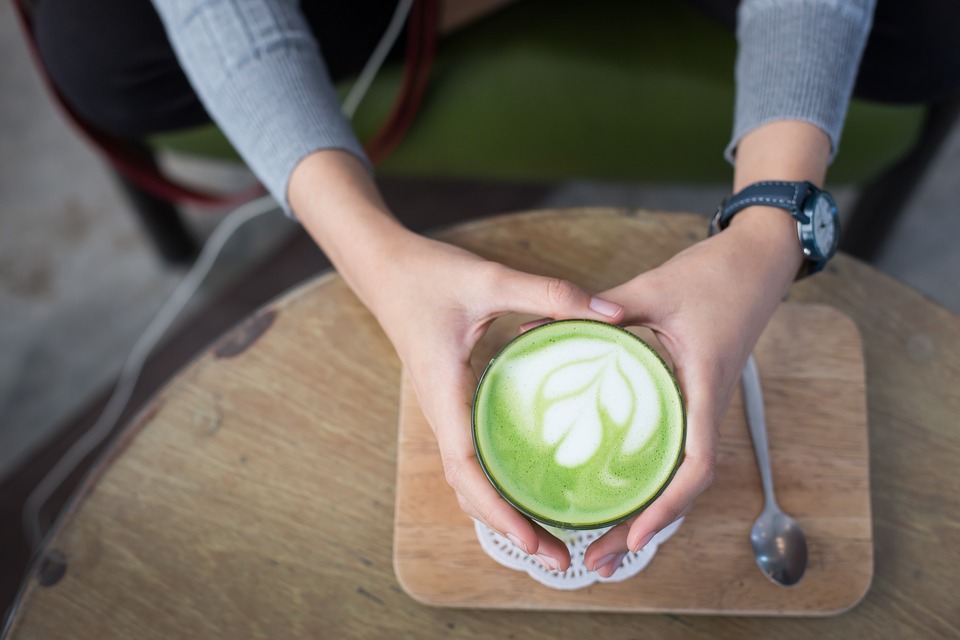
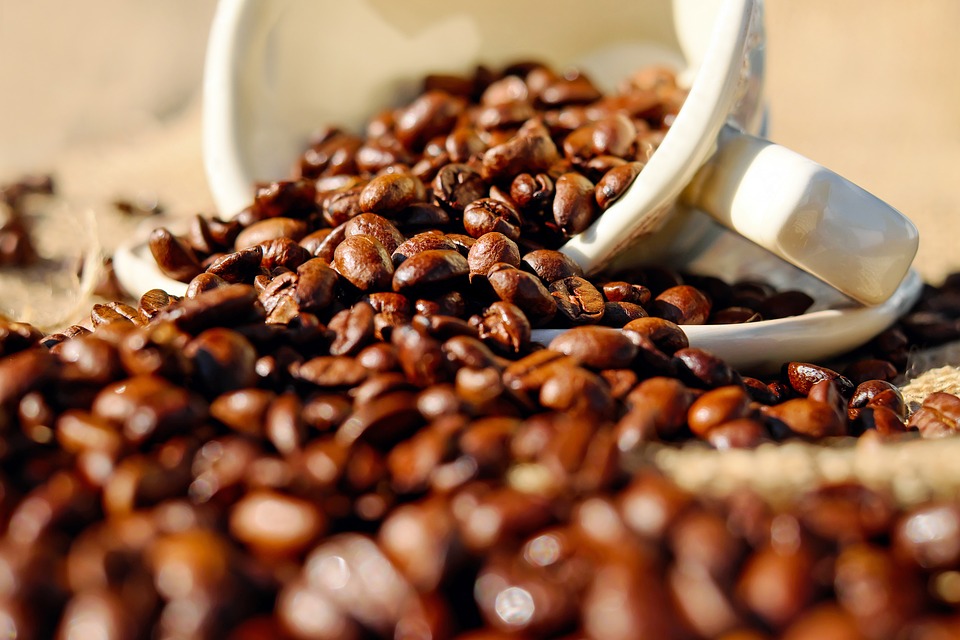
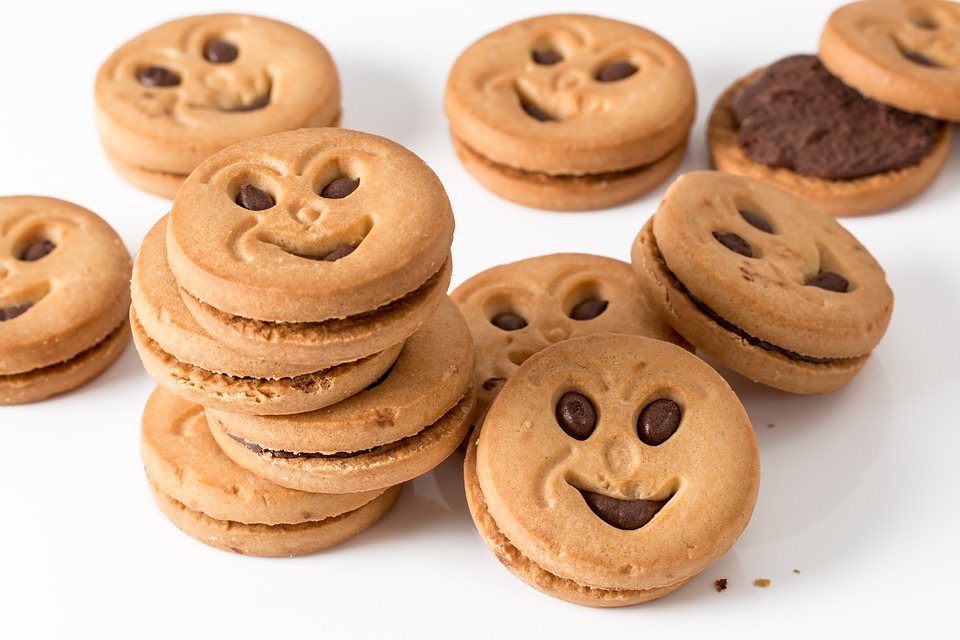



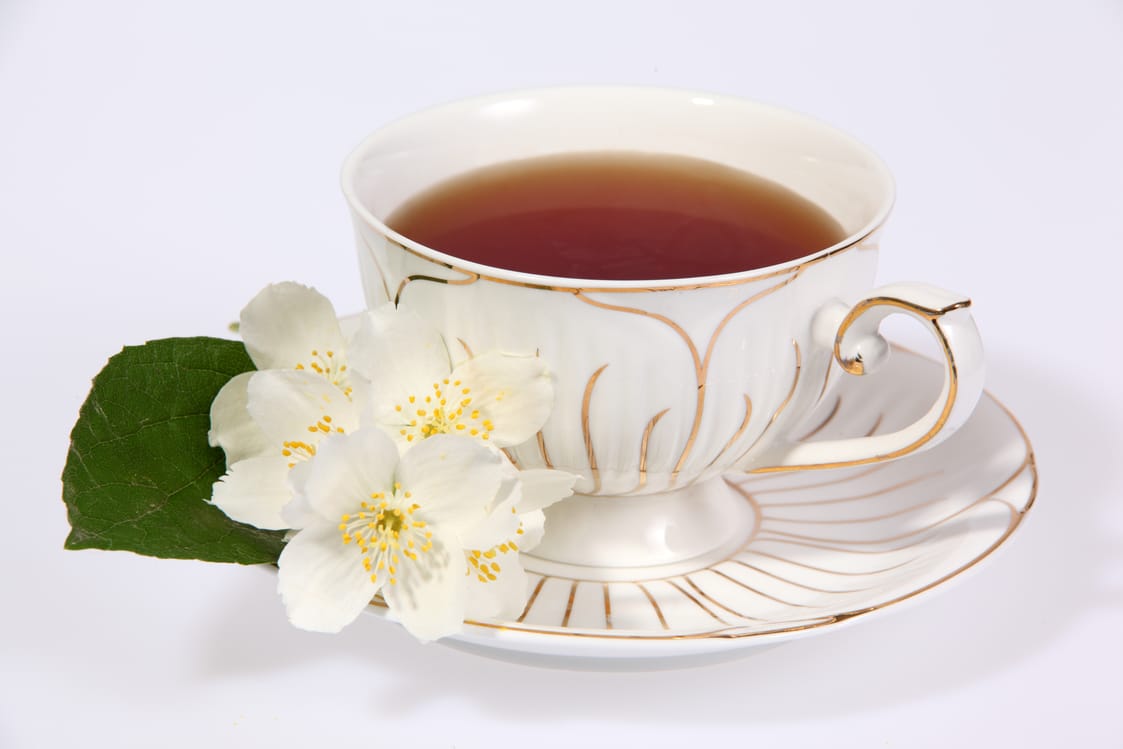


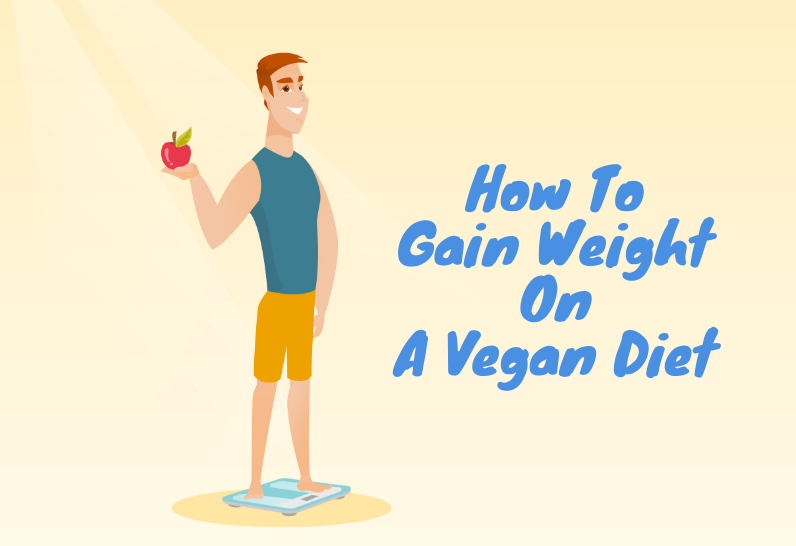
Thank you for another great article! I am going to the store to try Chamomile tea for help with anxiety! I look forward to seeing if it helps with my restless sleep especially and thoughts that can worry too much. You have the best articles on this site! Keep up the good work. It is my favorite health and nutrition blog.
Thank you, Pamela! 🙂
Hope you’re still finding the info on here helpful. Did you try chamomile for your anxiety? How was it?
Hello and thank you Matt for this website. Just discovered it searching for information on chamomile tea. The stressors in my life are causing high and frequent anxiety levels, sometimes even panic attacks that take hours to come
down from. So I am trying chamomile, and maybe Passion flower teas to help cope, perhaps even meditation.., To your knowledge, Is there any evidence that the type of diet you practice helps stress and anxiety? I know it would cause weight loss which in itself may be good however. Thanks.
Hi Scott!
Sorry to hear about the problems you’re having with anxiety and panic attacks. I’ve had to deal with it on and off for years, but I’ve found a few things which have been helpful (chamomile tea is one of them). Aside from dealing with the stressors, it’s easy to get into a cycle where certain triggers cause the attack, and so you have to try to break that cycle.
I’ve found l-theanine to be somewhat helpful (check out my article on l-theanine). Making sure my Vitamin D levels are optimal has been important as well.
But one of the best things for me has been magnesium citrate. Have you tried taking a magnesium supplement before?
Here’s an article on how magnesium (and zinc) help with sleep (which will improve anxiety). I’ve had issues with magnesium deficiency in the past despite getting enough from my diet. This resulted in twitching, palpitations… all of which disappeared after supplementing it).
As for my diet, it’s calorie restriction (mostly vegan). It does have some mild anti-anxiety effects according to research, but most of it is done in animals models.
Effects of mild calorie restriction on anxiety and hypothalamic–pituitary–adrenal axis responses to stress in the male rat
https://www.ncbi.nlm.nih.gov/pmc/articles/PMC4002245/
Caloric Restriction Enhances Fear Extinction Learning in Mice
https://www.ncbi.nlm.nih.gov/pmc/articles/PMC3629393/
“CR has SSRI-like anxiolytic properties in mice that may also be due to enhanced neural plasticity and fear extinction learning (Yamamoto et al, 2009). In the visual system CR enhances neural plasticity in a manner similar to SSRI’s.”
Thanks for reading and commenting! Hope your anxiety gets better. =) If you have any other questions about chamomile tea or anything else I can help you with, let me know.
Hello again Matt I have already read the article on l-theanine. Seems promising. So it sounds like ideally, one should consider green tea during day and chamomile later in the day. I have only chamomile at the moment so I am trying at least three cups a day and will likely back off to 1-2 cups if I start the green. It’s not (chamomile)really making me super tired or anything, but that may also be the anxiety fighting it. I will probably need some Western medicine in the near term as well, until I can begin to break the cycles as you referred to. I am tapering off coffee as well now hoping for additional help to decrease the anxiety. I enjoy it but will try to drink much less frequently. I will be getting caffeine from green tea anyway but much less it appears.
Finally let me say I appreciate your positive outlook and evidence based style of writing, including studies with links to them. I think you would have made a fine medical practitioner. I am going to need to read more about the CR diet. I do recall seeing a short video many years ago (Scientific American perhaps?) from Dr. Wofford speaking with Alan Alda and how the diet extends the time before chromosomal telemeres shorten.
Cheers my friend, uh with tea, not alcohol. 😇
I wanted to report back further that I had stopped drinking chamomile tea and now have recently restarted it again and it really does help me with anxiety and sleep! It really was working and I will continue it.
I saw the other comments regarding diet and anxiety. What I do notice is that eating a mostly vegan, heavily plant based diet increases my mental optimism. It certainly lessens my health anxiety! I love feeling healthy and focusing on that can lessen anxiety.
Thank you again for putting out such quality information!